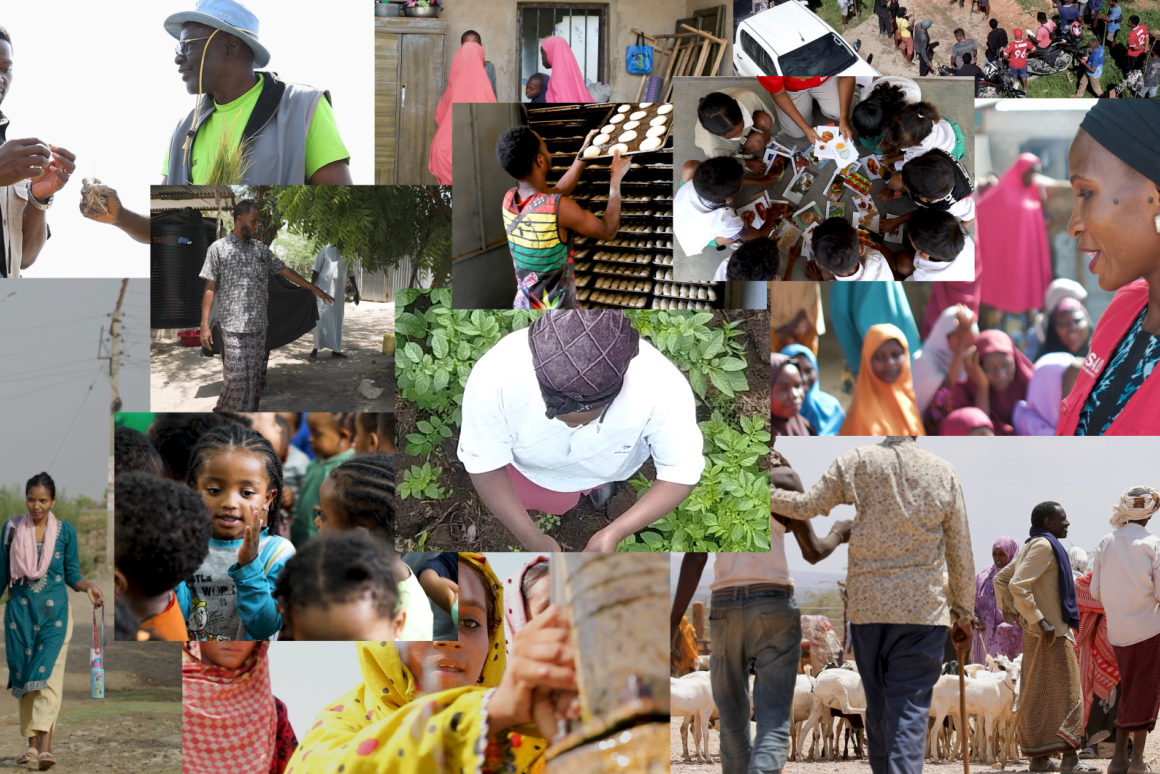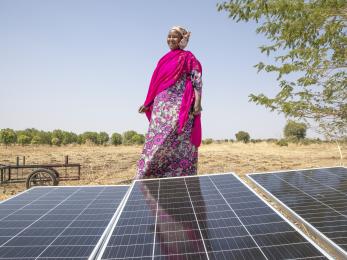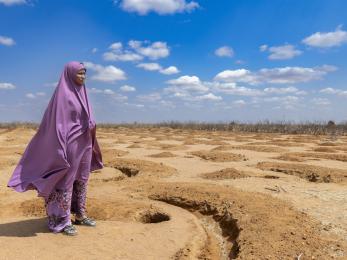Fighting hunger in Africa takes more than food
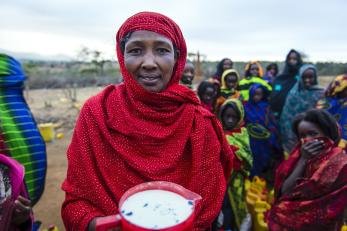
Hunger: It’s not a new problem for many countries in Africa.
While food is a basic necessity for human life, the reasons why millions of people go hungry are complex.
Crops are failing in Ethiopia due to dry weather conditions caused by El Niño, leading to the worst drought in a decade and triggering a hunger crisis that is affecting 10 million people.
In South Sudan, political instability and widespread displacement due to violent extremism have combined to create a double threat to food security.
And in Niger, widespread gender inequality keeps good nutritional information and regular meals out of reach, especially for women and girls.
These are just a few examples of why solving hunger takes more than just food. Better farming practices, safer communities and empowered women — these are some of the key ways we work within communities to tackle food insecurity at its source and come up with solutions that ensure families have enough to eat today, and tomorrow.
In Ethiopia: Better business can create more food
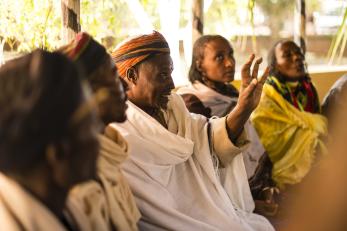
We define food security as a milestone achieved when all people at all times eat sufficient, safe, and nutritious food and practice behaviors that promote both their economic stability and well-being.
In a country like Ethiopia, where 80% of the population relies on rain-fed agriculture for the food and income they need to survive, this means building resilience against El Niño, climate change and other unpredictable weather patterns.
We’ve been on the ground in Ethiopia since 2004, working with local farmers and families to help them access more food and earn steady incomes. And we are continuing to work within communities to strengthen their economies and communities, so they can overcome the 2016 drought and hunger crisis.
By supplying herders with animal feed, scaling up training and supplies for veterinarians, and connecting herders in hard-hit areas who need to sell animals with commercial livestock traders we are supporting livelihoods.
And to help the Ethiopian government overcome these cycles of crisis for the long term, we’ve partnered with them to manage their early warning systems network, which monitors things like rainfall and market information to predict food shortages before they happen.
In the agriculture sector, only crops that can weather climate change and drought will support food security in the long term.
In South Sudan: Conflict and hunger create a vicious cycle
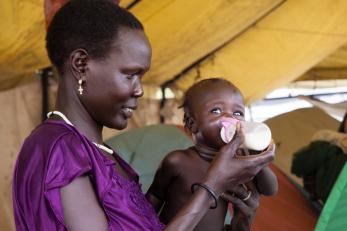
Food security and conflict are deeply connected.
Take South Sudan, which declared independence from Sudan in 2011. While South Sudan has agricultural potential, civil war since 2013 has stunted its development as a nation. More than 2.4 million people—nearly 1 in 5—are displaced due to violence.
Violence interferes with spring planting and then often closes markets due to safety concerns. What little food is available soars in price, and most displaced families have no money to buy any goods. These food shortages are the most dire in Unity, Jonglei and Upper Nile states.
Since the conflict began, our team has been providing urgent food, water and sanitation assistance. We identify vulnerable families in otherwise inaccessible areas, ensuring critical assistance—vegetable seeds, fishing tools, water purification tablets, nutritional biscuits and other supplies—reaches the people who need it most.
And in more accessible places, we distribute cash so people can get the food and provisions they urgently need to provide safe, healthy lives for their families.
Local traders receive funds to resupply their market stalls specifically with the necessities that are most in-demand, including foods like sugar, flour, rice, beans and salt.
Having access to clean water is key to sanitation and food safety in places like South Sudan and Somalia, where violent extremism and political instability has displaced 1.1 million people.
Food shortages can also cause political instability. In 2007-08, rapid increases in food prices triggered unrest in 43 countries, including a government overthrow in Haiti, as populations reacted to rapidly rising costs for critical food staples.
In Niger: Empowering women empowers communities
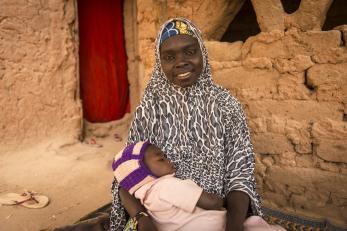
Research shows that when men and women both have access to information, education and financial resources, everybody wins. Over the past few years, women’s role in food security has come into sharp focus.
Women farmers produce 60–80% of the food in most developing countries and are responsible for half of the world’s food production.
In the home, women—especially those in rural areas—are primarily responsible for selecting food and preparing meals, playing a decisive role in their families’ dietary diversity and health.
In Niger, 10% of children suffer from acute malnutrition and 44% are chronically malnourished, according to the World Food Programme. Because women do most of the farming and feeding in Niger, we know that empowering them with information and resources is key to fighting hunger here.
Our work throughout Niger helps mothers learn about proper nutrition. We train village leaders who in turn train the village’s mothers about the importance of good food and fruits and vegetables to ensure the health of their children.
We also are teaching women new ways to keep animals healthy, manage new wells and use new farming techniques that make the most of limited resources and are more resilient to climate change.
